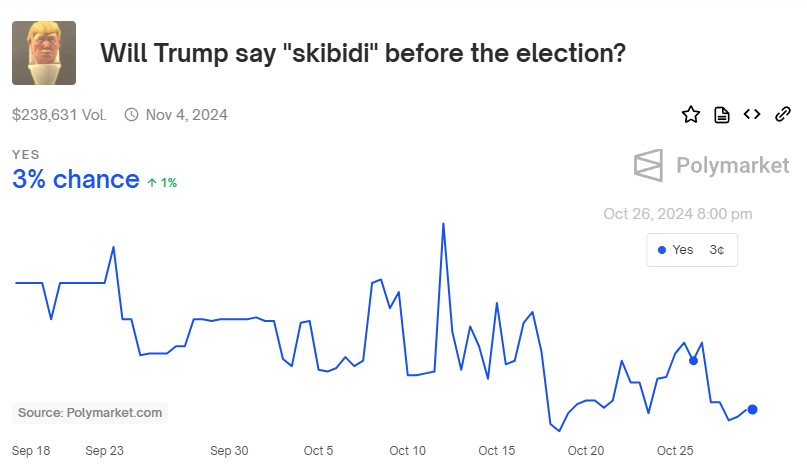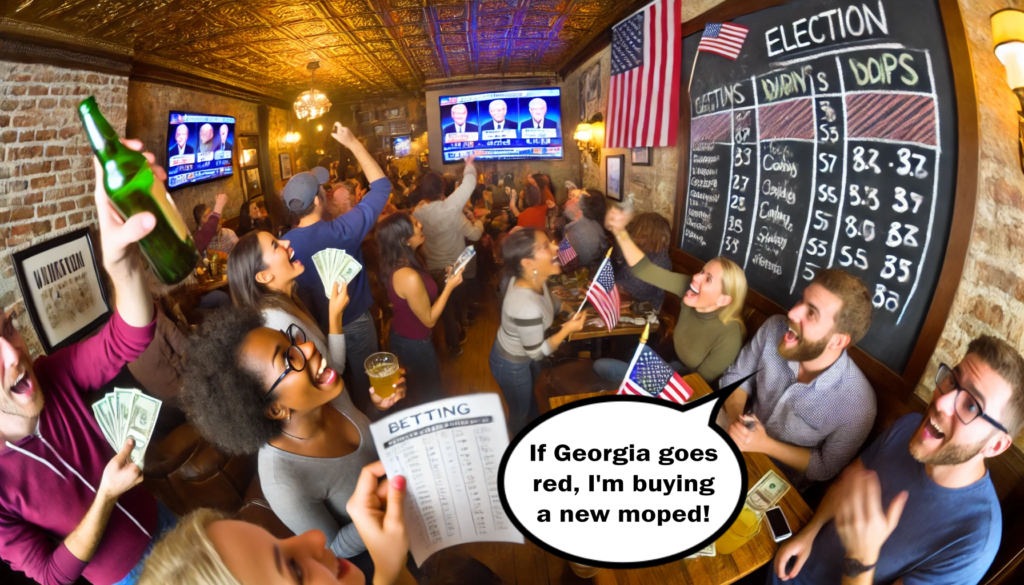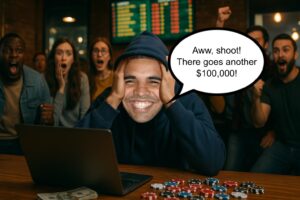Election betting is legal in the United States.
More specifically, certain event contracts “do not involve activity that is unlawful under Federal or State law, nor do they involve gaming.” This was the conclusion of District Court Judge Jia Cobb as it related to KalshiEX LLC (Kalshi), a financial exchange and prediction market based out of New York, that was offering yes/no betting markets on the U.S. election.
In October 2024 the U.S. Court of Appeals for the D.C. Circuit upheld the District Court’s order on Kalshi and commented that, though preserving the integrity of elections and avoiding improper interference and misinformation are a priority, the Commodity Futures Trading Association (CFTC) failed to adequately show how the CFTC or the public interest would be harmed by these event contracts.
Robinhood followed suit on October 28, 2024, and launched its election betting platform. Or, more specifically, Robinhood launched “presidential election event contracts, ahead of the November 5 general election.”
For those outside of the U.S., betting on elections is not new. It’s part of the suite of markets that most betting sites offer. In fact, the U.S. election attracts significant betting interest north of the border. The 2020 U.S. election was the biggest betting event in the history of the British Columbia Lottery Corporation’s online betting platform, and the betting exchange Betfair traded nearly a billion dollars on the results. For many, following the live odds was another way to experience the roller coaster of the evening (and the following days).
After Kalshi’s victory at the District Court, CEO and co-founder Tarek Mansour provided Reuters with this powerful quote: “Now is finally the time to allow these markets to show the world just how powerful they are at providing signal amidst the noise and giving us more truth about what the future holds.”
What does the future hold according to election prediction markets? Polymarket (which is NOT regulated by the CFTC and not available to U.S. citizens) has a 3% chance that Trump will say “skibidi” before the election. 
To me, the future is for companies to move closer and closer to the line between event contracts (which are “definitely not betting”) and betting.
And for those of you interested in the election probabilities, at the time I’m writing this article, Kalshi has Donald Trump at 62% to win. These odds differ from the prediction made by one of the United States’s most famous political analysts, Nate Silver, who has Donald Trump at 54% to win the election.




